JEE Advanced 2026 Syllabus, Exam Pattern, Eligibility, Cutoff, Colleges & Full Preparation Guide by Kaunsa Career
Complete Guide For JEE Advanced
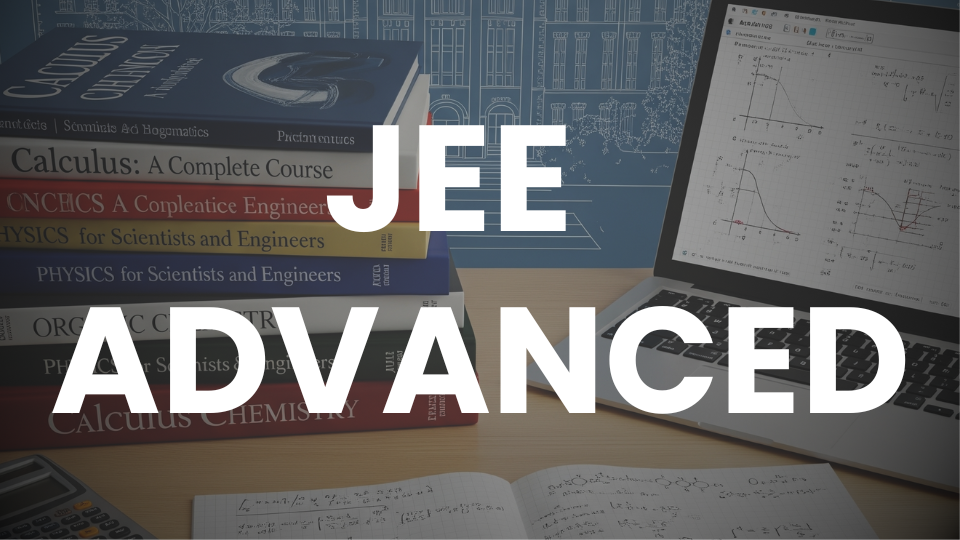
Table of Contents
What is JEE Advanced
This is India’s toughest engineering entrance exam, and it’s your only way into the IITs.
It tests not just what you know, but how deeply you understand concepts in Physics, Chemistry, and Maths. Logic, speed, accuracy—everything is tested. It’s not about mugging up; it’s about thinking differently.
Why it matters?
Because an IIT tag is powerful.
You get:
- World-class education
- Top-tier placements (even crore+ packages!)
- Global recognition and alumni network
- Start-up & research support from Day 1
Only the “top 2.5 lakh students” from JEE Main qualify to even attempt JEE Advanced. That’s how elite it is. So if you’re aiming for the best—this is it.
Past history of exam

The roots of JEE Advanced go way back to 1961, when the Indian government wanted to pick the best minds for the newly established IITs.

It started as the IIT-JEE (Joint Entrance Examination), conducted only for IIT admissions.

Initially, it was pen and paper, super challenging, and had very few seats.
As competition grew, the exam evolved.
By 2013, the system split into two stages:
- JEE Main (for NITs, IIITs, and to qualify for JEE advanced)
- JEE Advanced (only for IITs)
Now, JEE Advanced is conducted every year by one of the IITs on a rotation basis—like IIT Bombay, IIT Delhi, IIT Kanpur, etc. Each year, a different IIT takes charge.
The exams are currently fully computer based online exams.
Purpose of JEE Advanced
To find students who are not just good at studying, but great at problem-solving. It’s designed to test real engineering thinking—not just formulas and facts.
Recent changes and evolution
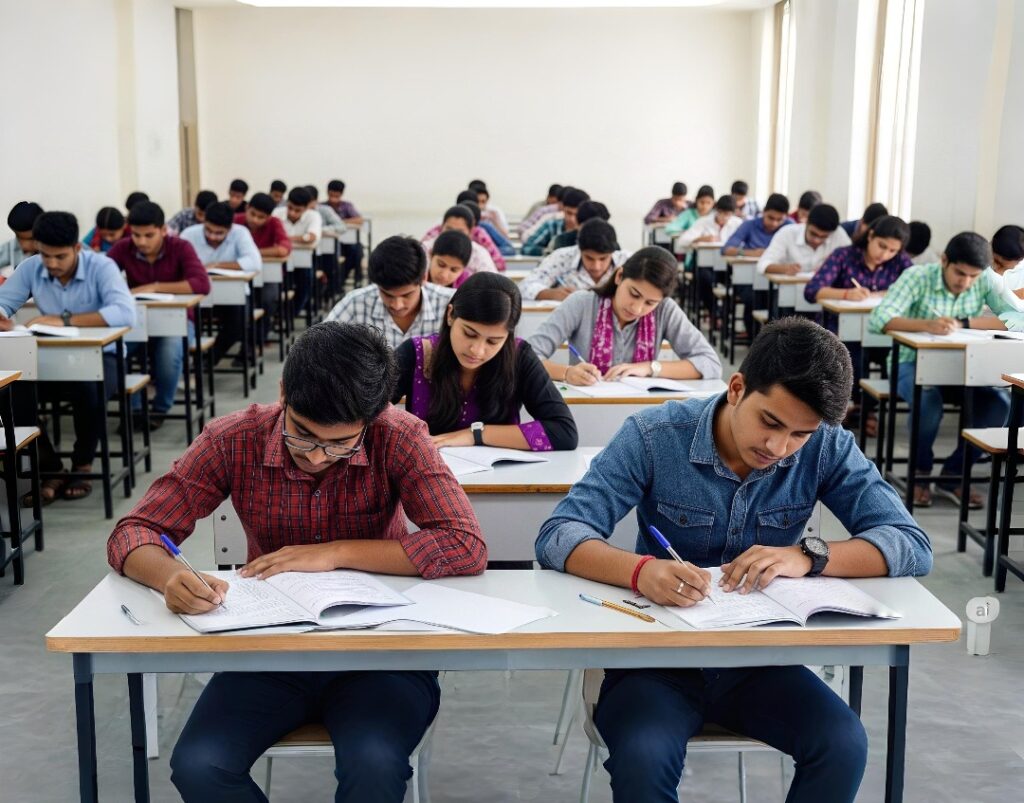
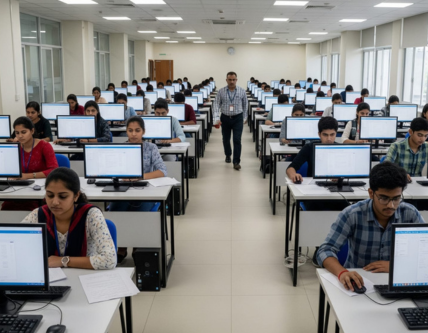

You can now attempt JEE Advanced only twice in two consecutive years.
You must qualify JEE Main in the same year to be eligible.

Since 2018, the exam is completely online (CBT)—no more OMR sheets!
That means faster processing and fairer evaluations.

It’s now simpler and digital—just clear JEE Main, log in to the JEE Advanced portal, and apply.
Be ready with category certificates, photos, and correct details.

JEE Advanced doesn’t have a fixed pattern.
Every year, the question type, marks, and negative marking scheme changes!
It’s meant to test adaptability, not just prep. You get to know about the exam pattern during the exam.

Now, foreign nationals can apply directly without JEE Main.
IITs are going global!

There are regular updates in category reservations, PwD support, and gender-based incentives (like supernumerary seats for girls).
Eligibility Criteria

You can now attempt JEE Advanced only twice in two consecutive years.
You must qualify JEE Main in the same year to be eligible.

Since 2018, the exam is completely online (CBT)—no more OMR sheets!
That means faster processing and fairer evaluations.

It’s now simpler and digital—just clear JEE Main, log in to the JEE Advanced portal, and apply.
Be ready with category certificates, photos, and correct details.

JEE Advanced doesn’t have a fixed pattern.
Every year, the question type, marks, and negative marking scheme changes!
It’s meant to test adaptability, not just prep. You get to know about the exam pattern during the exam.

Now, foreign nationals can apply directly without JEE Main.
IITs are going global!

There are regular updates in category reservations, PwD support, and gender-based incentives (like supernumerary seats for girls).
Exam Pattern and format

You’ll face a mix of:
- SCQs (Single Correct Questions)
- MCQs (Multiple Correct Questions – more than one correct or maybe one correct options)
- NATs (Numerical Answer Type – no options, you type the answer)
- Match the Columns / Integer-type
Expect tricky formats—JEE Advanced loves variety!

Yes, some questions have negative marking
But not all! It changes from section to section
So read instructions carefully in each part!

Known to be India’s toughest UG exam
Tests deep conceptual understanding, logic, and speed
It’s not about how much you know—it’s about how you think
Syllabus and weightage

- Physics
- Chemistry
- Mathematics
 PHYSICS
PHYSICS
Key Chapters:
- Mechanics (huge weightage)
- Electrostatics & Current Electricity
- Magnetism
- Optics
- Heat & Thermodynamics
- Modern Physics (Photoelectric effect, nuclei)
Weightage Tips:
- Mechanics + Electrodynamics = 50% (approx.)
- Optics and Thermodynamics = high scoring
- Modern Physics often asked in tricky ways
 CHEMISTRY
CHEMISTRY
Three Zones:
- Physical Chemistry
Mole Concept, Thermodynamics, Equilibrium
- Inorganic Chemistry
Periodic Table, Coordination Compounds, Chemical Bonding
- Organic Chemistry
Reactions Mechanisms, GOC, Named Reactions
Weightage Tips:
- All 3 sections are balanced
- Organic requires strong concept clarity + practice
- Inorganic can feel factual—but don’t ignore!
 MATHEMATICS
MATHEMATICS
Must-Do Chapters:
- Calculus (Differential + Integral)
- Algebra (Complex Numbers, Matrices, Probability)
- Coordinate Geometry (Straight lines, Circles, Parabola)
- Vectors & 3D Geometry
- Trigonometry
Weightage Tips:
- Calculus & Algebra dominate (~50%)
- Coordinate Geometry often has multi-concept questions
- Practice solving under pressure—questions can get long!
📌 Note:
Unlike exams like BITSAT or VITEEE, JEE Advanced has no English or Logical Reasoning section.
Crack JEE Advanced, and you unlock doors to India’s most elite engineering colleges. 💥
This exam is exclusively for admission into IITs – no other exam gives you that access. 🎯
Colleges accepting JEE Advance Score:
1.
There are 23 IITs in India, and all of them accept only JEE Advanced scores for admission to their B.Tech, Dual Degree, and BS programs.
Popular IITs include:
- IIT Bombay – Tech excellence + top placements
- IIT Delhi – Startup & innovation hub
- IIT Madras – Strong in core engineering
- IIT Kanpur, Kharagpur, Roorkee, BHU (Varanasi) – Iconic, legacy-rich campuses
 Indian Institute of Space Science and Technology (IIST), Thiruvananthapuram
Indian Institute of Space Science and Technology (IIST), Thiruvananthapuram- Funded by ISRO, IIST offers B.Tech in:
- Aerospace Engineering
- Avionics
- Admissions based on JEE Advanced rank
- Work opportunities at ISRO after graduation
3.
- For BS (Research) in Science disciplines (like Physics, Math, Chemistry, Biology)
- Admission is based on JEE Advanced, KVPY, or NEET
- World-class research facilities & faculty
4.
- While most IISERs use IISER Aptitude Test, some consider JEE Advanced for BS-MS dual degree admission
- Focus on research + science education

- NITs, IIITs, GFTIs – These only accept JEE Main scores
- Private Colleges – Do not accept JEE Advanced scores
There are 23 IITs across India, and all of them accept only JEE Advanced score
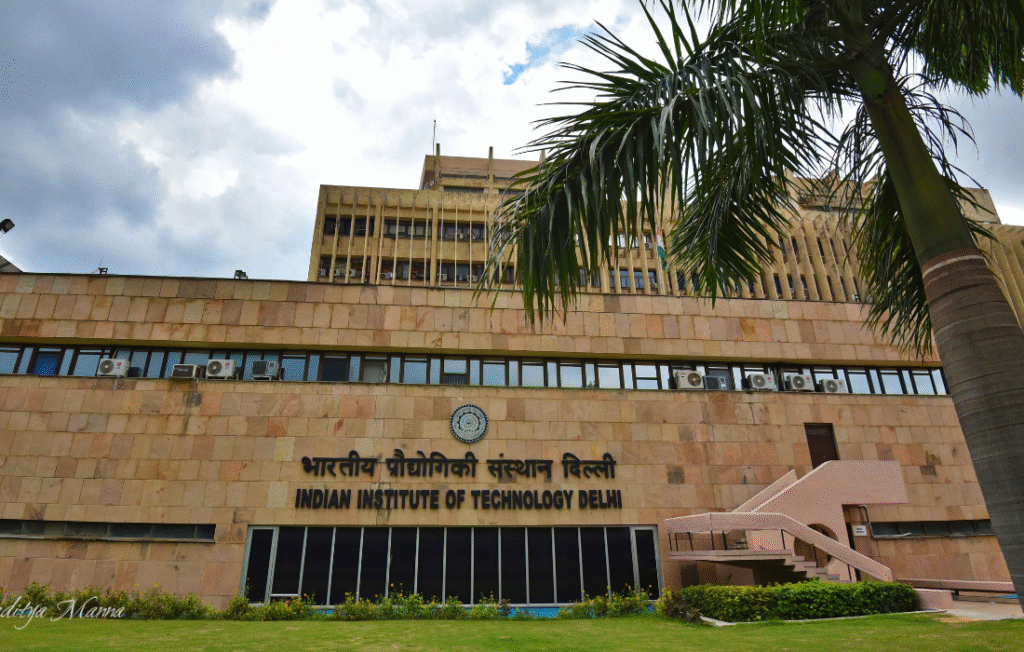
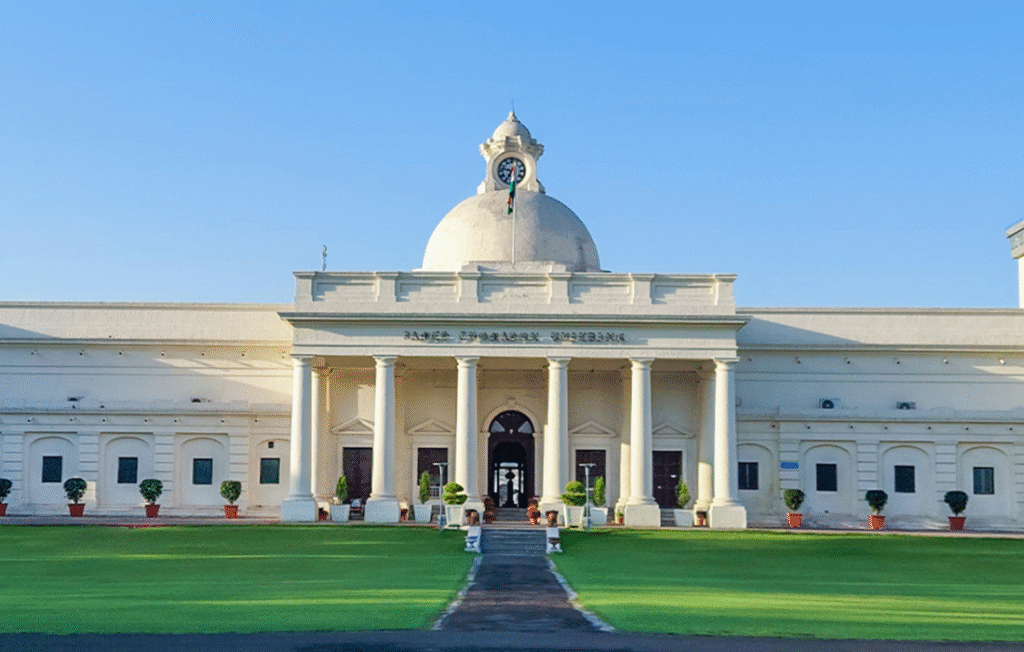
Basic exam information

Keep it simple and stress-free — here’s what to wear and carry:

- Jeans with metal buttons or zippers
- Belts, metallic jewelry, smartwatches, and wallets
- Shoes (Wear open footwear like slippers or sandals)

- Plain T-shirt & trousers
- Admit Card
- Valid Photo ID (Aadhar / Passport / PAN etc.)
- Transparent water bottle
- You don’t need to carry pens or calculators — they’ll provide rough sheets and pens. No digital devices allowed!

- Paper 1: 9:00 AM – 12:00 PM
- Paper 2: 2:30 PM – 5:30 PM


Held across all major Indian cities + a few international locations like Dubai, Kathmandu, Dhaka etc.
You can select preferred zones during registration.
Clear JEE Main and be among the top 2.5 lakh rankers
Visit the official site: ac.in
Log in with your JEE Main credentials
Upload documents (photo, signature, category certificate)
Pay the exam fee
Download your admit card when it’s released

Results are typically released 1–2 weeks after the exam.
If you qualify:
- You’ll get All India Rank (AIR)
- Category Rank
- Subject-wise breakdown of marks


- JEE Advanced Site: jeeadv.ac.in
- PYQs (Previous Year Question Papers): Available from 2007 onwards — in both English & Hindi
➤ Go to the “Past Question Papers” section and download year-wise PDFs
| Category | Fee |
| General/OBC (Male) | ₹3200 |
| SC/ST/PwD/Female (any) | ₹1600 |
| Foreign Candidates | |
Kaunsa Career tip:-
⏳ 1. Time Management is Your Secret Weapon
- Break your day into focused study slots: 2 hrs PCM each + revision 🧩
- Use the Pomodoro method (25 mins study + 5 min break) to stay fresh
- Sundays = full mock test + full analysis 📈
🧪 2. Master Concepts, Not Just Formulas
- JEE Advanced tests how you think, not just what you remember
- Focus on understanding the “why” behind the “how”
- Use NCERT for Chemistry + standard books (HC Verma, Irodov, Cengage, etc.)
📊 3. Mock Test Strategy
Take full-length mocks at least 1–2 times/week
After each mock:
🔍 Analyze mistakes
📌 Revise weak chapters
🧠 Work on time management
Practice on online platforms to simulate CBT mode
📚 4. Prioritize High-Yield Chapters
Spend more time on chapters with high weightage + scoring potential
- Physics: Mechanics, EM, Modern
- Chem: GOC, Thermo, Coordination
- Maths: Calculus, Algebra, 3D & Vectors
🧠 5. Don’t Ignore These
Numerical Answer Type (NAT): no options = pure understanding!
Diagrams & Units: Visual clarity helps in Physics & Chemistry
Silly Mistakes: These cost ranks—check units, signs, calculations
🧘 6. Mental Fitness > Burnout
Take mental breaks—walk, stretch, 15-min nap, music
Sleep at least 6.5–7 hours daily
Cut social media noise during prep months 📵
📝 Final Words – From Team Kaunsa Career
At Kaunsa Career, we believe JEE Advanced is a great path — but not the only one. Yes, it leads to the IITs and can open amazing doors — but your career isn’t limited to one exam.
💡 What matters most is clarity, effort, and smart choices. Whether or not you get into IIT, your journey is still valid and valuable.
There are hundreds of colleges, 50+ exams, and 1000+ career paths — and only one YOU.
👉 Keep learning. Keep growing. Keep exploring. We’re here to support you — from first doubt to final seat.

Related Posts
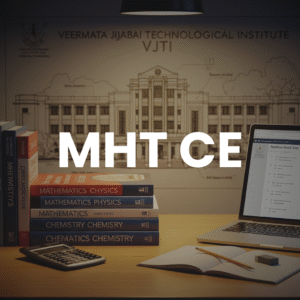
MHT CE
MHT CE 2026 — Syllabus, Exam Pattern, Eligibility, Cutoff & Complete Preparation Guide Complete Guide For MHT CE Youtube Instagram

COMEDK
COMEDK 2026 — Syllabus, Exam Pattern, Eligibility, Cutoff & Complete Preparation Guide Complete Guide For MHT CE Youtube Instagram Envelope

WBJEE
WBJEE 2026 – Syllabus, Exam Pattern, Eligibility, Cutoff, Colleges & Preparation Guide Complete Guide For WBJEE Youtube Instagram Envelope Table

MET
Manipal Entrance Test (MET) 2026 — Syllabus, Exam Pattern, Eligibility, Cutoff & Complete Preparation Guide Complete Guide For MET Youtube
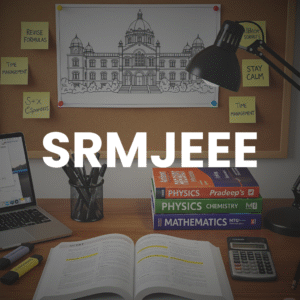
SRMJEEE
SRMJEEE 2026 — Syllabus, Exam Pattern, Eligibility, Cutoff & Complete Preparation Guide Complete Guide For SRMJEEE Youtube Instagram Envelope Table
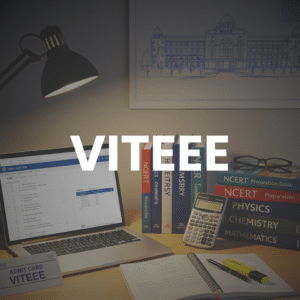
VITEEE
VITEEE 2026 — Syllabus, Exam Pattern, Eligibility, Cutoff & Complete Preparation Guide Complete Guide For VITEEE Youtube Instagram Envelope Table
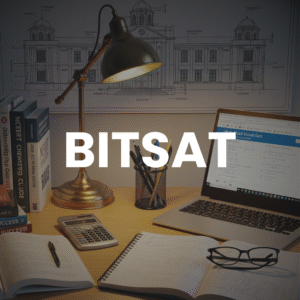
BITSAT
BITSAT 2026 — Syllabus, Exam Pattern, Eligibility, Cutoff & Complete Preparation Guide Complete Guide For BITSAT Youtube Instagram Envelope Table
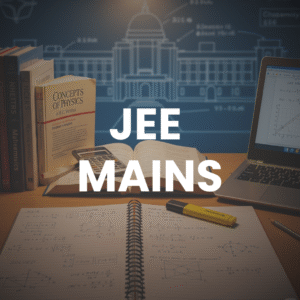
JEE MAINS
JEE Mains 2026 – Syllabus, Exam Pattern, Cutoff, Colleges & Preparation Guide Complete Guide For JEE MAINS Youtube Instagram Envelope
Ask your career question — our team will guide you in 24 hours.
Subscribe to Newsletter
Phone No. – +91 9316272269























